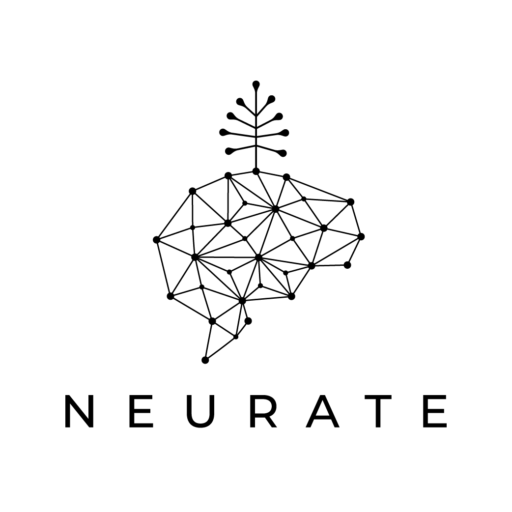Stressful, highly demanding situations can have a negative impact on performance. Overload at work can lead to forgetting important events, as the ability of the brain to remember ongoing information is limited. This short-term memory is called “working memory”. Its role is to preserve the information to be easily accessible to conscious awareness in spite of distractions (Engle et al., 1999; cf. Miyake & Shah, 1999). Information and intentions are kept in working memory in a heightened state of activation until it is time for their enactment (Kvavilashvili, 1987).
Indeed, research has shown that working memory capacity is reduced due to mental fatigue (Van der Linden et al., 2003), stressful events (Klein & Boals, 2001), or ego depletion (Schmeichel, Vohs, & Baumeister, 2003). Baumeister suggested that working memory “chokes under pressure” (Baumeister, 1984).
However, high-demand situations do not always deteriorate working memory. Surprisingly, to compensate for deficiencies, cognitive control can even be strengthened due to an overflow of incoming information (Botvinick et al., 2001).
So does stress increase or decrease working memory?
A recent article has been able to explain this discrepancy (Jostmann and Koole, 2006). The discovery, based on the PSI theory, states that there are two basic responses when it comes to stress. When push comes to shove, some people are “action-oriented”, while others are “state-oriented”. During stress “action-oriented” individuals are characterized by decisiveness and initiative, actively seeking to change the situation. In turn, state-oriented individuals function in a more change preventing fashion and become indecisive and hesitant. They choke under pressure. These concepts are distinct from motivational tendencies. Rather, they reflect the behavioral and mental efficiency in instigating change during stress. When it comes to working memory, action-oriented people actually increase their working memory capacity, by regularly updating its content through action steps. In contrast, state-oriented individuals, due to hesitation, experience a mental overload. It is crucial to state that state-oriented individuals perform equally well, if not better, as action-oriented ones under normal circumstances. This is due to the fact that they are more receptive to external motivational support then action-oriented ones.
The good news is that both types can adapt to high-demand situations, albeit in a different way. Here, intelligent leadership comes into play. In the study from Jostmann and Koole, visualizing an accepting relationship had a superior positive effect on working memory in state-oriented individuals. This induces a rewarding experience that effectively mobilized their resources. In their case, being primed for a demanding relationship impaired their capacities. The exact reverse is true for action-oriented individuals. They displayed superior results in the context of a demanding relationship, as opposed to an accepting one. In essence, demanding relationships support action-oriented individuals, while accepting ones improve performance in state-oriented ones. The PSI Personality test accurately evaluates to which group a person belongs.
Individuals manage their working memory in different ways. Understanding what type you or your coworkers are can lead to improved performance by focusing on either creating a rewarding, accepting context or a demanding and challenging one.
References:
Baumeister, R. F. (1984). Choking under pressure: Self-consciousness
and paradoxical effects of incentives on skillful performance.
Journal of Personality and Social Psychology, 46, 610-620.
Botvinick, M. M., Braver, T. S., Barch, D. M., Carter, C. S., & Cohen, J. D.
(2001). Conflict monitoring and cognitive control. Psychological
Review, 108, 624-652.
Engle, R. W., Kane, M. J., & Tuholski, S. W. (1999). Individual differences
in working memory capacity and what they tell us about
controlled attention, general fluid intelligence, and functions of
the prefrontal cortex. In A. Miyake & P. Shah (Eds.), Models of
working memory: Mechanisms of active maintenance and executive control
(pp. 102-134). New York: Cambridge University Press.
Jostmann, N.B., and Koole, S.L. (2006). On the Waxing and Waning of Working Memory: Action Orientation Moderates the Impact of Demanding Relationship Primes on Working Memory Capacity. Pers. Soc. Psychol. Bull. 32, 1716–1728.
Klein, K., & Boals, A. (2001). The relationship of life event stress and
working memory capacity. Applied Cognitive Psychology, 15, 565-579.
Kvavilashvili, L. (1987). Remembering intentions as a distinct form of
memory. British Journal of Psychology, 78, 507-518.
Schmeichel, B. J., Vohs, K. D., & Baumeister, R. F. (2003). Intellectual
performance and ego depletion: Role of the self in logical reasoning
and other information processing. Journal of Personality and
Social Psychology, 85, 33-46.
Van der Linden, D., Frese, M., & Meijman, T. F. (2003). Mental fatigue
and the control of cognitive processes: Effects on perseveration and
planning. Acta Psychologica, 113, 454-465.

